How do we try to prevent biting, and what is our response when it occurs?
Biting is, unfortunately, not unexpected in toddler groups but it can bring on a very emotionally charged response from everyone involved. There are many reasons toddlers may bite. Sometimes the biting is related to teething. Sometimes toddlers bite to express feelings they can’t express with words yet. We have seen children bite when they are frustrated, and even in the excitement of a happy moment. No one can predict which children will bite, but we are ready to help toddlers who do bite learn other behavior. We are also ready to give treatment, sympathy, and advice to children who are bitten.
Here are the ways we work to prevent biting and how we respond to it when it does happen.
- We try to program the day to avoid boredom, frustration and overstimulation. We try to provide a calm and cheerful atmosphere with a mix of stimulating and soothing, age appropriate activities and toys. We also work to model acceptable and appropriate behaviors for the children, helping them learn words to express their feelings and giving them tools to resolve conflicts with our help.
- If a bite does occur, we help the child who was bitten. We reassure him or her and care for the bite. If the skin is not broken, we use a cold pack. If the skin is broken, we follow medical advice and clean the bite with soap and water. If it is likely that the bite may get dirty, we will also cover it to keep it clean. If your child is bitten, we will call you to let you know about the bite. The teachers fill out an incident report as stated in our ‘Biting Policy.’ We also respond to the child that did the biting. We show strong disapproval of biting. Our specific response varies depending on the circumstances, but our basic message is that biting hurts, and it is the wrong thing to do. We help the biter learn a different, more appropriate behavior, and we let the parents know that there is a problem so we can work together to solve it. We begin to teach the biter empathy and sometimes have the biter help us take care of the child that was bitten.
- The teachers and administration try to analyze the cause of ongoing biting. We work to develop a plan to address the cause of the biting, and we put all our energy into keeping children safe and helping those that are stuck in biting patterns. When we need to develop such a plan, we share the details with parents involved so they know specifically how we are addressing the problem.
- Parents are notified if their child starts to bite. We ask parents to keep us informed if their child is biting at home. Children who bite in our program do not necessarily bite at home. However, if your child is biting both places, it is important for all of us to be consistent in dealing with it. Communication is very important in order to help your child stop biting.
We wish we could guarantee that biting will never happen in our program, however, we know there is no such guarantee. You can count on us to deal appropriately with biting so that it will end as quickly aspossible. We will support your children whether they bite or are bitten. We want the best for all the children in our program. If you want more information on biting or have any questions or concerns, please let us know.
